#Opinion Call to ban locally manufactured Spirits

By Va'ai Nah Folasa
Cover image by Samoa Observer photo journalist - Vaitogi A Matafeo
-
Another drinking session in the village of Safai Savaii has ended with the death of a 26 year old man, allegedly killed by his own brother.
This tragic incident has no doubt had a devastating impact on the family who has not only lost a young life but another is charged with murder. Our sympathies go out to this family at this very challenging time.
In time and in the Samoan way there will be forgiveness. However, they will never forget the unnecessary and tragic end to a life. Some wounds will never heal.
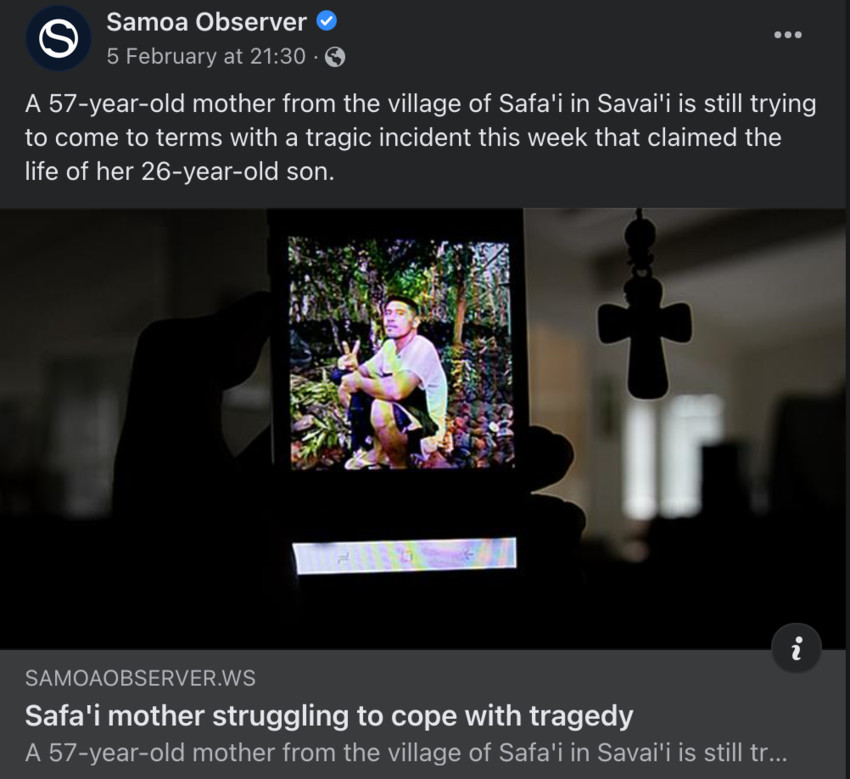
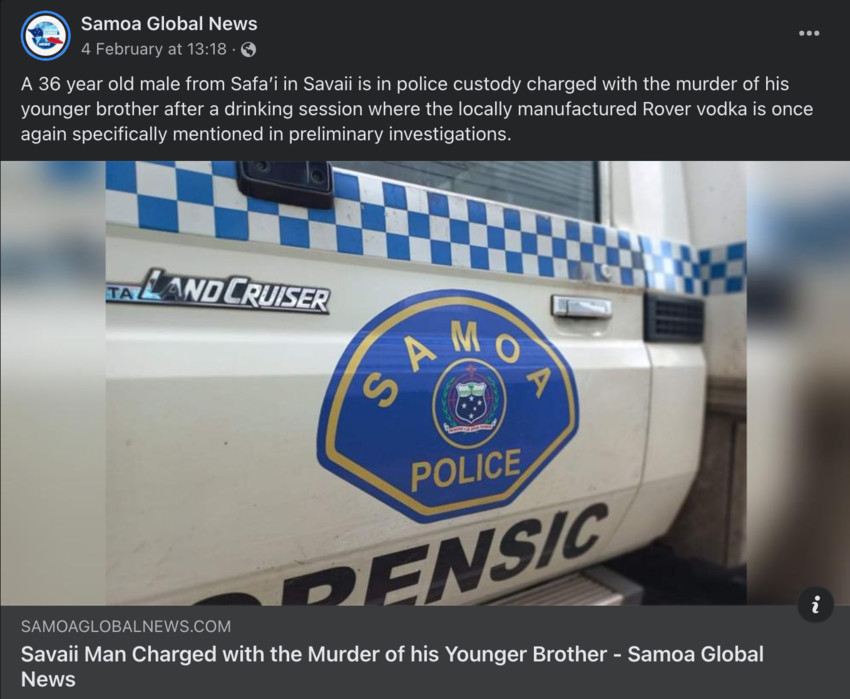
Could this tragedy have been avoided?
Reports indicate that this incident can be directly attributed to the drinking of the locally produced Rover vodka. This spirit is cheap, readily available in plastic bottles of different sizes (up to 2 litres at a time for around $40) and is guaranteed to get you really drunk really fast.
This most recent example as well as previous reports refer to the drinkers "passing out" and having no recollection of events during the drinking spree.
And there has been many previous incidents which can be linked directly to the consumption of this and other locally manufactured spirits. Such incidents have lead to acts of violence, domestic abuse, road and traffic accidents, break ins, robberies and unnecessary injury and deaths. No doubt there are many more events which go unreported.
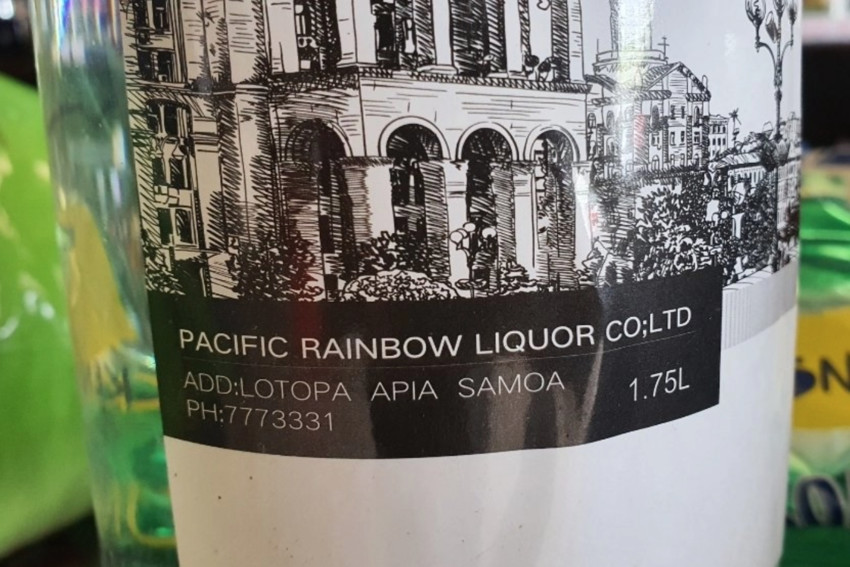
We need to break the culture which believes that alcohol is the solution to all problems. Drinking is not the answer to help you "relax" after a day of work. In many cases the reverse is true and just one poor decision can destroy your own and other's lives.
The government, responsible ministries and the Liquor Board are all well aware of the dangers of these drinks. This is not the first nor a one-off. Yet these drinks remain readily available in supermarkets and village stores.
The Police Department, Ambulance service and hospitals are also too familiar with these impacts attending traffic incidents and violent episodes fueled by excessive drinking.
There has been numerous calls in the past for the banning of these "rocket fuel" spirits but so far no government has had the conviction to address. It is not seen as a priority and so the production, sale and consumption continues unabated and largely unregulated.
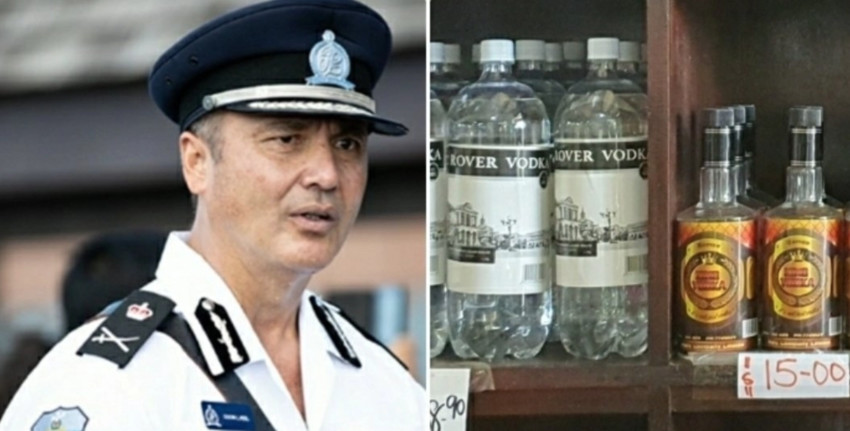
The Logopuialii Samoa Youth Organisation calls for the total ban on the manufacturing and sale of these and similar spirits. Tighter regulations need to be enforced on the sale of alcohol through supermarkets and village stores.
Taking the approach from overseas, the person who sells the liquor (and who needs to hold a valid Liquor License) can be held responsible for the damage, destruction and tragedy which follows a drinking session. Such a shift of responsibility does not excuse the behaviour of others but it does place greater responsibility on the vendor.
While the government is apparently testing the content and alcoholic strength of the local vodka, for one family this is already too late.
How many more innocent lives need to be taken before some meaningful action is taken? How many more families need to suffer, lose children and be torn apart? How many more traffic accidents, disputes and incidents of domestic violence sand abuse do our emergency responders need to attend before enough is enough?
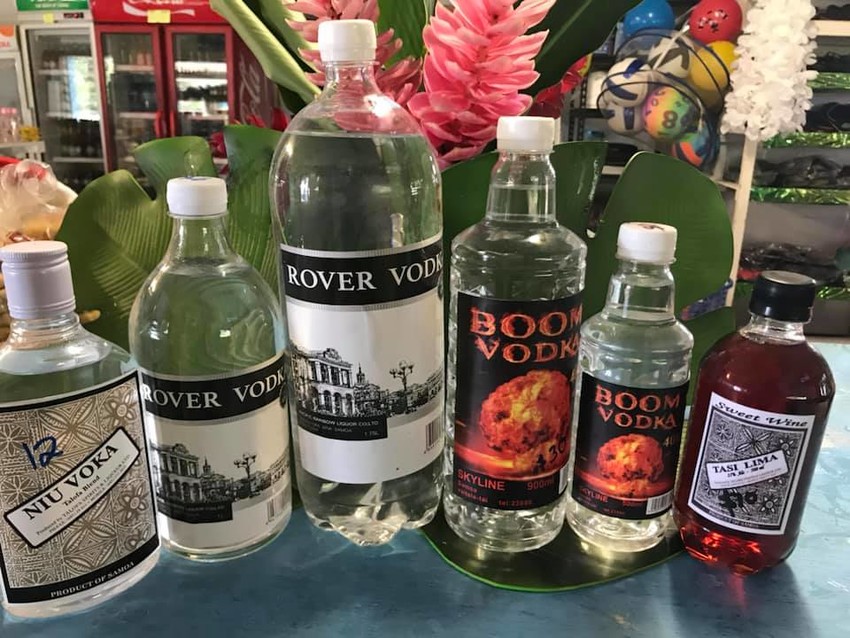
I call on other community groups, the law and justice sector, judiciary, welfare organisations and our Police and emergency services to advocate the closure of the factories manufacturing these spirits and the total ban on this and other locally produced spirits.
I also seek the guidance of the courts in hearing matters related to alcohol abuse and alcohol fuelled incidents. Let's look beyond the crime and also examine the contributing factors which may be avoided in the future. Alcohol is not to blame nor can it be used as an excuse for crimes, violence or general bad behaviour.
The time to step up is NOW!
-
.
Va'ai Nah Folasa, president and founder of Samoa Youth Organisation

